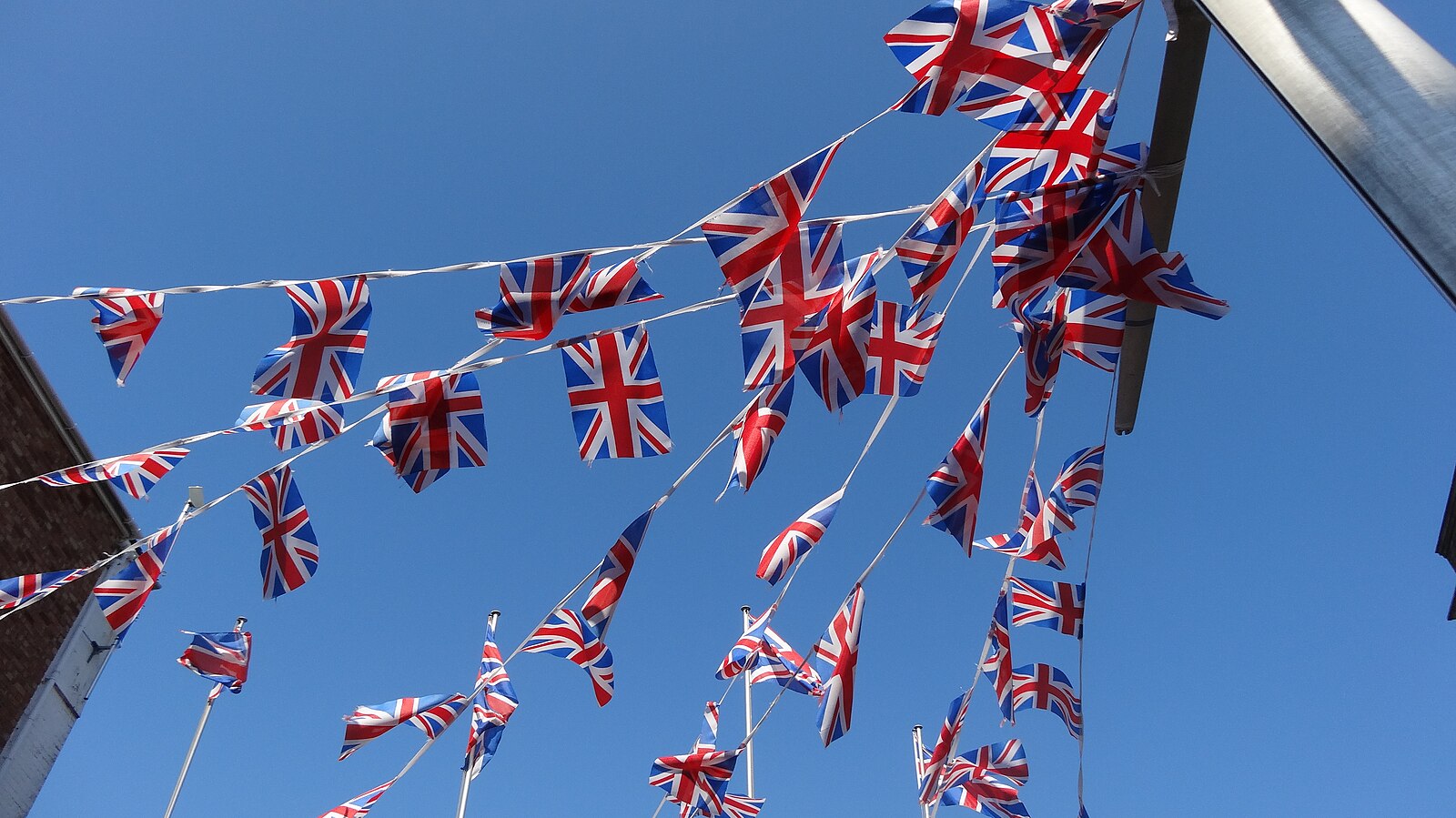
No awkward questions please, we’re British

A couple quick questions. Who built the Tower of London? What’s the age requirement to drink wine (with a meal, with someone over 18)? Who gets 50% off their TV licence? Answers: William the Conqueror; as viewers of The Inbetweeners will know, 16; and in a personal favourite, blind people. How’d you do?
One of the final steps to gaining British citizenship is passing the so-called ‘Life in the UK’ test. It’s a short, multiple-choice quiz, purportedly imparting the necessary information would-be-Brits need for, well, life in the UK. And yet! A rudimentary experiment reveals shocking figures: only about half of British citizens/my friends pass the test. Full disclosure: I took it, and failed. To my chagrin, an Australian friend got exactly the same score as me. Clearly, a life actually lived in the UK counts, here, for very little.
What does it mean to fail the British citizenship test, as a Brit? On one hand is the obvious: the test has nothing to do with living a good life here, and is just one of many frivolous, exhausting hoops immigrants have to jump through to win the same rights as the rest of us (for example, the right not to be deported at the Home Office’s discretion). But the other hand beckons. If it’s not about living here, what is it about? As you trawl through practice questions, a very particular image of ‘Britishness’ begins to emerge.
‘When did the Romans successfully invade Britain?’
‘Which London landmark is an example of medieval architecture?’
‘When did Britain become permanently separated, by the Channel, from mainland Europe?’
I can’t help but wonder about the relevance of the Bronze Age, the governance of the Church of England or Steve Redgrave’s Olympic achievements (5 gold medals?! cor blimey!) to the actual fabric of British identity. At their worst, questions range from the irrelevant to the outright mythological (Where did the ancestors of the first farmers come from? ‘South-east Europe’ is a very, very interesting way to describe the Levant).
Fascination with Roman Britain and World War II betrays a predictable, if amusing, historical blindspot—what could have happened in those missing 1500 years? The irony is particularly delicious given that most people taking the test will be intimately familiar with Britain’s blood-stained empire; they likely wouldn’t be taking the test in the first place were it not for centuries of dick-swinging imperialism. Its glossing-over is either blatant revisionism, or perhaps a tacit admission of the very fact that these facts are already known… that the Merrie England it works so hard to conjure is not Britain’s reputation anymore.
Out of many words I could use to describe the vision of Britishness conjured by the test, the (kindest) standouts are: Simple. Reassuring. As I answered questions, the resource I found myself drawing on most was not my lived experience in the UK. It was instead hazy remembrances of Michael Morpurgo’s back catalogue, and primary school history syllabuses infatuated with motte-and-bailey castles. It’s telling that what the test considers the important facts of British life are largely historical; and at that, the most highly prized historical tidbits are those likely to invoke a vague, heady sense of patriotism (see: the disproportionate number of questions given to chest-thumping about the Falkland Islands). It’s pick-and-mix history—skip the moral abhorrence of empire, cut straight to the quote-unquote glory.
It’s no wonder that Britishness retreats into these spaces—you can almost hear the test-writer sighing with relief. This is what Britishness means: engineering excellence and sticking it to the Germans. Here is a Britain with its place in the world. It’s timeless, enduring and above all, uncomplicated.
‘When is Vaisakhi celebrated?’
‘What festival celebrates the end of Ramadan?’
‘What was the estimated population of the British Empire?’
‘When was slavery abolished in the British Empire?’
This article was initially far more scathing. But as I continued to take Life in the UK tests (at last, indulging in trivia isn’t technically procrastination), a more muddied picture began to emerge. Every so often, almost apologetically, the test asks about the observances of Hindu, Muslim, Sikh, and Jewish festivals. It references the Empire, in vague and basic terms. In short, it went where I thought it wasn’t going to—awkwardly, vaguely, inadequately, but still.
Encountering these questions was a jolt. Not because these things are untrue—to the contrary, any postcolonial history will tell you that this country was built by immigration and always has been. But, tonally, these facts disrupted the simpler, pacifying vision of Britishness that had been lulling away in the background. Look: it’s jarring to go from geographic trivia (‘When was the Giant’s Causeway formed?’) to ‘How many days is Diwali celebrated for?’, back to boasts of British military prowess (‘Who was the “Iron Duke” that defeated the Emperor Napoleon?’), as if these things matter the same amount or in the same way.
These facts should put others in a new light; most egregiously, they have more bearing on British life than any trivia about the first farmers. Crucially: if an immigrant would still fail, the inclusion of these DEI heavyhitters hasn’t fundamentally impacted either the content or purpose of the test. These gestures, to me, feel like being included without having been made space for, which is to say: it doesn’t quite fit. It’s hard not to see them as grudging concessions to a truer portrait of the UK, inconvenient addendums thrown into the mix after one too many fact-checkers’ complaints.
There’s no two ways about it. These questions feel like tripping on the curtain. The prior, intoxicatingly simple vision of Britain has been cut through, and the farce revealed. The test seems to hope you just won’t notice.
‘What is an important part of British character?’
‘What does the UK offer to its citizens?’
‘Which is the fundamental principle of British life?’
Defining a national character is no small feat. ‘Britishness’ in particular is a label bestowed with solemn gravity, stripped away with righteous anger, weaponised, sharpened, infused with moral value —and never, never, neutral. I came of age in an era of resurgent nationalism and racist dogwhistles: discomfort with capital-B Britishness is not something I’m unused to feeling. What was new to me was the discomfort running through the questions themselves.
Gone are the days where the state, the very centre of the whole affair, can wax one-note lyricism about glorious Britannia. It’s interesting that even in a test designed as—let’s just say it—propaganda, the completely sanitised image it would rather project cannot help but undermine itself. The tension running through these test questions is a quiet one: it’s the awkward shuffle and nervous cough of catching a neighbour at the shop; dressed, regrettably, in only their pyjamas. I have seen you as you are. We both know it. Perhaps we will both continue to pretend that we don’t.
As an artefact, the Life in the UK test embodies a national narrative caught between incoherency and inconvenient truths. Yes, it is absurd, inaccurate, irrelevant, and (mostly) shameless propaganda, a mix of wishful thinking and attempted ignorance. But, clearly, the test does have some relevance for those looking to settle in the UK. Perhaps it doesn’t shed much light on what Britishness does actually mean today—or indeed, has ever meant—but you know what? I’ll argue it’s still rightfully required reading for anyone looking to live here… as long as you’re reading between the lines. Whatever it tries to be, the test instead is a startling portrait of a Britain, unwillingly, in flux; a curiously self-conscious crash course in the lies we tell ourselves.∎
Words by Sienna Wadhwani. Image by Editor5807 via Wikimedia Commons.







